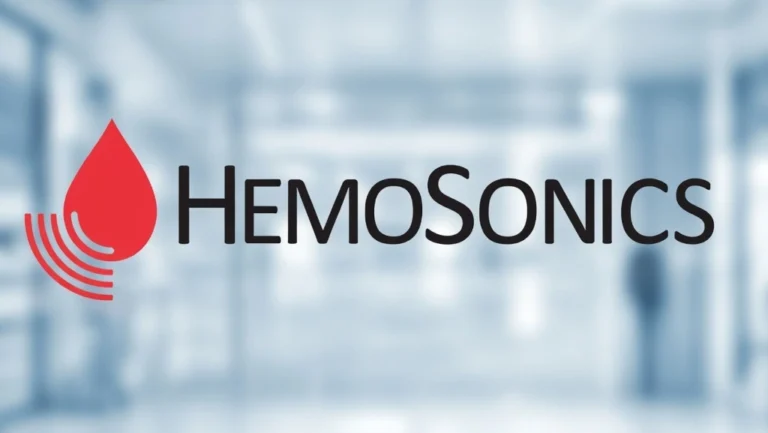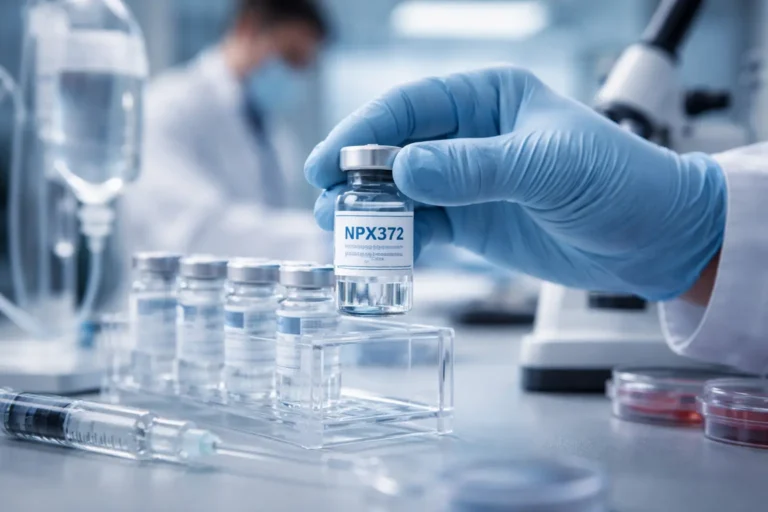
Viatris Inc. (NASDAQ: VTRS), a leading global healthcare company, today presented results from its Phase 2 study of cenerimod (ACT-333441) as a late-breaking abstract at the 26th Asia-Pacific League of Associations for Rheumatology (APLAR) Annual Congress, held from August 21-25, 2024, in Suntec, Singapore.
The ACT-333441 study was a randomized, double-blind, parallel-group, multicenter Phase 2 trial conducted in Japan. It assessed the safety, pharmacodynamics (PD), and efficacy of cenerimod, a selective S1P1 receptor modulator, in 17 Japanese patients with moderate to severe systemic lupus erythematosus (SLE). Participants receiving standard SLE background treatment were randomized to receive either 2 mg or 4 mg of cenerimod daily. The primary endpoint evaluated safety and tolerability, while secondary endpoints included changes in total lymphocyte count and efficacy measured by the modified SLEDAI-2K (mSLEDAI-2K) score.
Both doses of cenerimod were found to be safe and well-tolerated, with a decrease in lymphocyte counts observed as expected based on its mechanism of action, which was reversible upon discontinuation of the treatment. Both dosages demonstrated a clinically meaningful improvement in disease activity, as indicated by the mSLEDAI-2K score, with the 4 mg dose showing more significant benefits. These findings align with results from the global Phase 2 CARE study.
For more information on the study and Viatris’ ongoing support for the SLE community, visit Booth #21-23 at APLAR. The data was presented during the following oral session:
Cenerimod in Japanese Patients with Moderate to Severe Systemic Lupus Erythematosus (SLE): A Phase 2, Randomized, Double-Blind Trial
Speaker: Sharavan Kanagaratnam
Date & Time: August 23, 3:00 – 4:15 p.m. GMT+8
Session: Abstract session 3: Late-breaking abstracts: Systemic lupus erythematosus
About SLE
Systemic lupus erythematosus (SLE), the most common form of lupus, is an autoimmune disease. While the cause of SLE is not fully known, T and B lymphocytes are considered the key immune cells that play a role in the development of SLE. In individuals with SLE, both T and B cells become overactive, infiltrate different tissues, and produce autoantibodies, leading to inflammation and organ damage.
About cenerimod
Cenerimod is an investigational drug, a highly selective S1P1 receptor modulator given as an oral once-daily tablet. Cenerimod is an investigational drug that potentially offers a novel approach for the treatment of SLE, a disease with a significant impact on patients and limited treatment options.
In December 2022, the Oral S1P1 receptor ModUlation in SLE (OPUS) program was initiated, which consists of two multicenter, randomized, double-blind, placebo-controlled, parallel-group Phase 3 studies to evaluate the efficacy, safety, and tolerability of cenerimod in adult patients with moderate-to-severe SLE on top of background therapy. The main objectives of the program are to evaluate the effectiveness of cenerimod 4 mg in reducing disease activity, as well as controlling the disease, compared to placebo. The primary endpoint is response on SRI-4 at month 12 compared to baseline. Secondary endpoints include response on BICLA at month 12 compared to baseline and measures of sustained disease control: time to first confirmed 4-month sustained mSLEDAI-2K response and time to first confirmed 4-month sustained response in mucocutaneous manifestations (i.e., rash, alopecia, mucosal ulcers).





